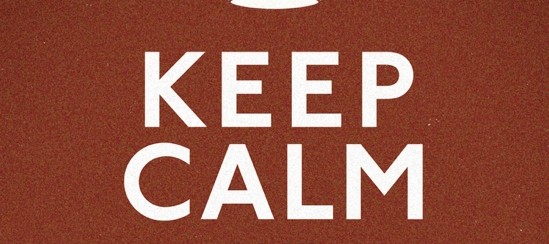Keep Calm and Move On
Calming your mind during competition or intense stress seems to be a popular theory. There have been many instances in popular culture depicting this idea. All exterior noise falls into the background. Perhaps some sort of symphony comes to the foreground. A serene look on an athlete’s face. In the zone.
Trying to relax your mind and be quiet inside can be a great way toward high performance. But there are other ways to achieve this goal.
Next time you are in a stressful situation such as a pressure-packed, bottom-of-the-ninth-inning scenario, try recalling a familiar time in your life. It could be your favorite meal your mom made you. It might be that tree house you spent hours climbing in the backyard. Perhaps a favorite hiding spot or a favorite room in your old home.
Positive Psychology
These memories are a key component of positive psychology — an idea suggesting positive thoughts and memories increases people’s ability to perform a wide range of tasks as well as building physical, mental, and psychological resources. In essence, positive psychology suggests that these thoughts and memories build up human strength and contribute to human flourishing. The ability to go back into your memory bank to find a familiar joyous place is a key component to this theory.
At an athletic level, this means positive psychology is a skill that will influence performance on and off the field. Not to mention improve your capacity for teamwork.
By recalling something familiar, you set yourself up for a high focusing ability. You can relax and be calm in your environment because you have an ability to recall specific emotions and feelings from this place of focus. Your brain can relax and assert laser-like focus on the competitive task at hand.
Look for the Familiar Place
How do you find your focus?? Even more importantly, what is your familiar place? Compared to clearing your mind and letting the symphony play a tune, it might seem odd to go to “keep calm and move on” right before you step up to bat, approach that important free throw, or address the match-point serve. Some might equate these ideas to planned daydreaming. But research suggests finding familiar place to focus on leads to performance results. Why not find another competitive edge?



